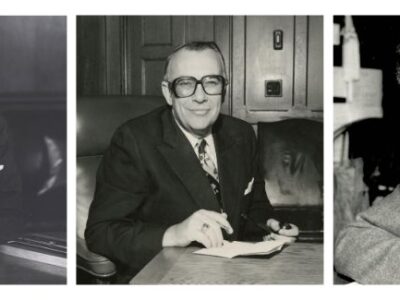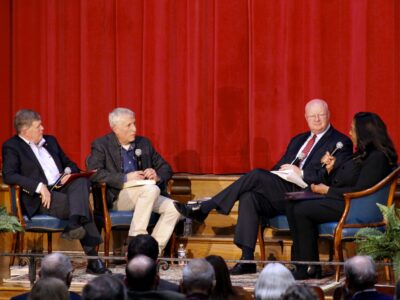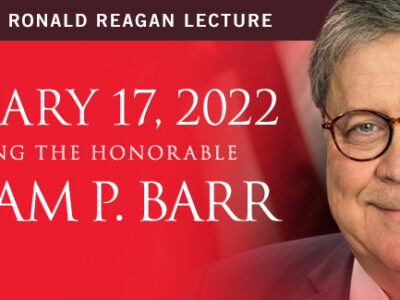In 1951, the late William F. Buckley, Jr. issued one of the best-known challenges to higher education. In what became a conservative classic, God and Man at Yale, Buckley, then a recent Yale graduate, first called upon U.S. colleges and universities to rejuvenate the Christian spiritual and moral roots from which they had sprung. Buckley began with the question which many parents of college-bound students would ask over the next several decades: “whether Yale [substitute almost any university or college] fortifies or shatters the average student’s respect for Christianity.”Buckley referred to Yale’s ancient charter of 1701, which charged the Yale leadership to “erect a collegiate school” where students could be instructed in the arts and sciences and “who through the blessings of almighty God may be fitted for public employment both for church and civil state.” Yet, continued Buckley, A. Whitney Griswold, installed as Yale’s 16th president almost 250 years later (1950), did not even mention Christianity in his inaugural address, though he cited other “vital forces” and “traditions” which shaped Yale. What had happened, and what had actually accelerated after 1950, was the secularization of much of American higher education. In fact, today, as George Marsden puts it, any faith-based analysis of the important questions of God and man is viewed by many in academe as “outrageous.”The second complaint pointed out by the young Buckley was the willingness of Yale faculty to dismiss “free enterprise” and “limited government” which “had served this country well.” If Yale students came to college expecting to have freedom and individual responsibility explained and elaborated, they instead received a one-sided case for the deification of collectivism—that is, increasing governmental intervention in the economy, statist redistribution of wealth, heavier tax burdens and an advocacy of the regulatory state. In this regard, Yale was certainly not alone over the next six decades. The typical university campus today, with some exceptions, is properly categorized as leftist. In fact, as Russell Kirk often put it, the American campus is so politicized that the stances of its students and professors (again with some exceptions) can only be described as “lunatic.”
Thankfully, a few schools, including my own, Grove City College, maintained and watered their religious roots and stood strong for liberty and a vigorous private sector; but not many. In the process, Grove City students hear all views on a variety of subjects, including arguments for faith and freedom, and are not subjected to the provincialism and narrowness of a leftist-leaning education. All this is in large part due to the man who began alerting his fellow citizens about the rejection of Christianity and liberty at Yale. Thank you, William F. Buckley, for this and your many other contributions to ordered liberty.




